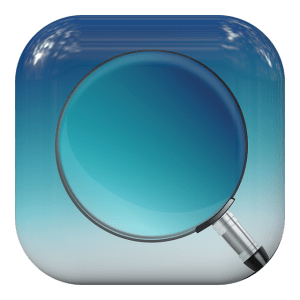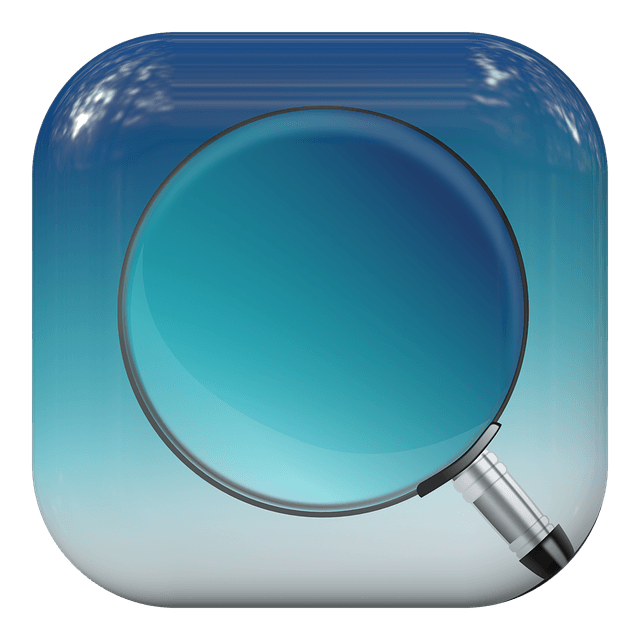
Some writers, those who have just begun the process, know that they need editors. They may be unsure of the type of editor they need. Others, who have a little more experience, may question that need. “I know how to spell and punctuate,” they say. “I have good grammar skills.”
Editing, though, involves much more. Think about your home and car. How much of the work needed for maintenance and repair do you do yourself? For how much do you hire professionals?
An editor, in any of the categories I describe below, has a professional ability to make your manuscript shine.
To simplify these descriptions, I’m taking the example of a nonfiction book, although these forms of editing can also apply to fiction, blog posts, marketing materials, and other forms of writing.
The Type of Editor Depends on the Project’s Stage
- Have you ever started this kind of project before?
- Do you have an idea you want to develop?
- Do you have a rough draft?
- Have you finished a manuscript?
- Do you feel stuck at any stage of the writing?
Developmental Editor
In the early stages of a writing project, consider a developmental editor to lend structure or organization. Say, for example, you want to share the lessons you’ve learned in building a business. Maybe you can’t decide whether to have the lessons unfold in within the context of telling your life story (autobiography) or to tuck the autobiographical elements within the format of each lesson.
A developmental editor can help you make these decisions and also break your information into individual elements so it can be best organized.
This type of editor may work with you from the beginning to the end of the project.
Content Editor
This editor will evaluate your manuscript and make suggestions for changes that can be minor or major. This may involve fine-tuning, the smoothness of flow from one topic to the next. If you’ve inadvertently repeated a story in Chapter 11 that you told in Chapter 2, the content editor should catch that. He or she gives your book a macroscopic (looking at the larger aspects) polish.
Line Editor
This type of editor provides the microscopic polish. She or he looks for clichés, poor pacing, run-on or overly long sentences, overuse of passive voice, incorrect word usage, and other errors. This kind of editing does not officially include grammar and punctuation.
Copyeditor and Proofreader
From my viewpoint, most of the differences between these forms of editing are too minor to be noted. This editor works on punctuation, grammar, and spelling.
A proofreader does have an additional role worth mentioning. For a print publication, proofreaders check the overall appearance of the pages before printing, looking for unintentional space, missing titles, incorrectly numbered pages, and related issues. If they see typos and other errors, they will mark them for correction.
You may end up needing all these professionals in the course of your publishing journey in order to ensure that your book is as good as it can be.
And you can also find one person who has all the skills, as I do. Let’s talk. Complete the contact form to request a call.
